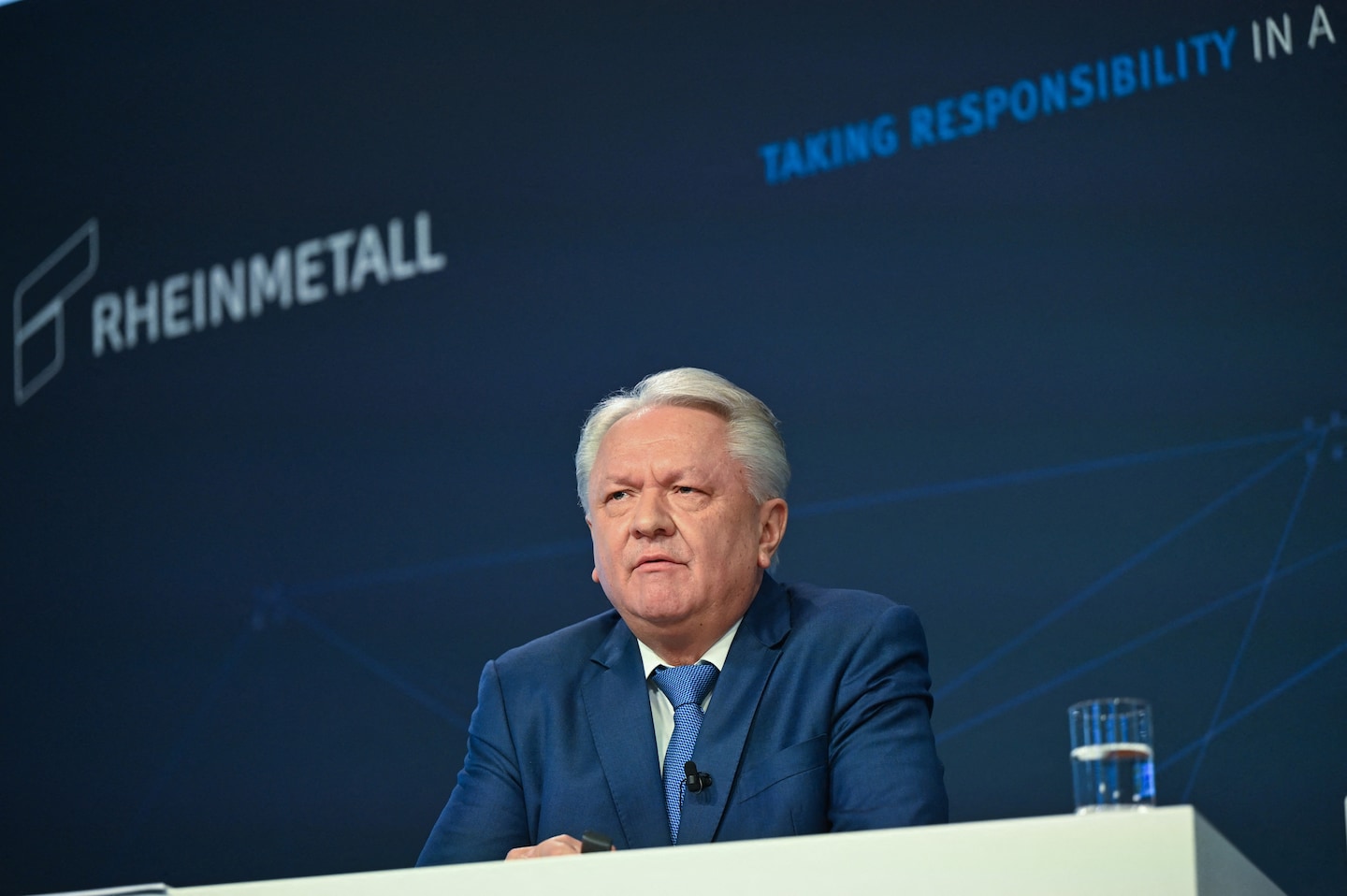Europe is grappling with a rapid increase in Moscow-led sabotage attacks or plots, while Russia steps up efforts to undermine Western support for Ukraine. Poland, Britain, Lithuania, the Czech Republic and Germany have been hit by a series of arson attacks or attempted arson attacks in recent months that Western officials have linked to Russian intelligence.
US, NATO and German officials declined to provide details about the assassination plans but said they were increasingly concerned about Russia’s growing efforts to destabilize Western countries and undermine support for Ukraine.
“Russia’s escalating campaign of subversion is something we take extremely seriously and have focused on intensively over the past several months,” National Security Council spokesperson Adrienne Watson said in a statement. “The United States has discussed this issue with our NATO allies and we are actively working together to expose and disrupt these activities. We have also made it clear that Russia’s actions will not deter our allies from continuing to support Ukraine.”
GET CAUGHT
Stories to keep you informed
NATO Secretary General Jens Stoltenberg told reporters on Thursday that the efforts were clearly aimed at intimidating Western countries not to support Ukraine, but said the hybrid attacks only strengthened Western resolve. “There is a pattern, a Russian campaign organized by the [Russian] security services to carry out hostile actions against NATO allies,” he said. “These are not isolated incidents, but part of a campaign.”
The Russian campaign “isn’t going to change anything,” said another NATO official, speaking on condition of anonymity to discuss sensitive matters. “NATO is committed to supporting Ukraine.”
German law enforcement arrested two German-Russian men in April of this year for plotting sabotage attacks on several U.S. facilities in Bavaria, southern Germany, and charged them with espionage. One of the suspects, Russian-born Dieter Schmidt, was spotted taking photographs of a U.S. military garrison in Grafenwoehr, where Ukrainian troops are trained to operate the M1 Abrams tank. Six Western security officials said Schmidt had discussed the potential targets, including the Grafenwoehr military base, with a person with ties to Russian military intelligence via an encrypted messaging app.
The German Interior Ministry declined to comment on the alleged plot against Papperger on Thursday, but said in a statement that the country’s counterintelligence service had already been able to thwart possible acts of sabotage aimed at military aid to Ukraine in April. “The German government will not be intimidated by Russian threats,” the ministry said.
The expulsion of hundreds of suspected Russian intelligence officers serving as diplomats under official cover, immediately after Russia’s invasion of Ukraine, was intended to limit Moscow’s ability to conduct covert operations. But increasingly, officials said, Moscow is working through proxies, including those it recruits online.
A trove of Kremlin documents obtained by a European intelligence agency and reviewed by The Washington Post illustrate the breadth of Russia’s efforts to identify potential recruits. The documents showed that in July 2023, Kremlin political strategists pored over the Facebook profiles of more than 1,200 people they believed were employees at two major German factories — Aurubis and BASF in Ludwigshafen — to identify workers who could be manipulated into stirring up trouble.
Kremlin spokesman Dmitry Peskov did not immediately respond to a request for comment on Russia’s alleged involvement in the plot against Papperger. He previously denied that Russia was involved in expanding sabotage activities on Western soil, telling The Post that such claims were “nothing more than stoking Russophobic hysteria.”
Papperger’s Rheinmetall has been instrumental in Ukraine’s fight against the Russian invasion, supplying the Kiev regime with 155mm artillery shells, military drones and tanks, and rapidly ramping up production to meet Kiev’s growing demand. The company will soon begin producing artillery shells in western Ukraine.
